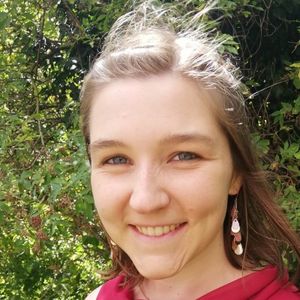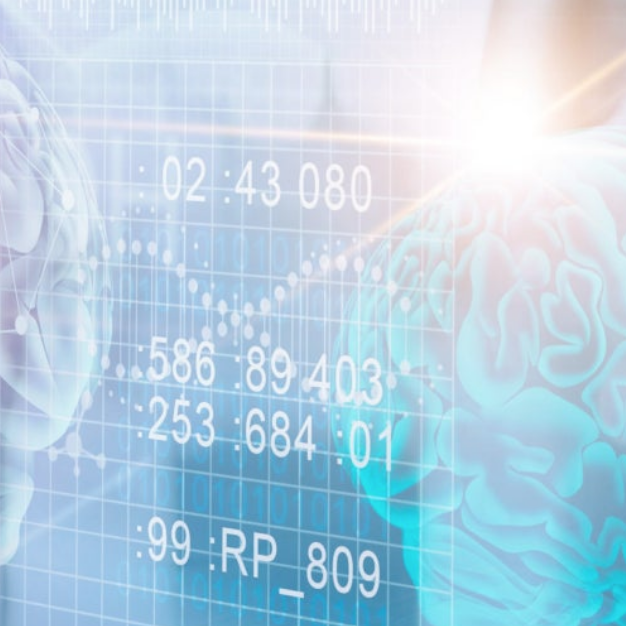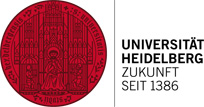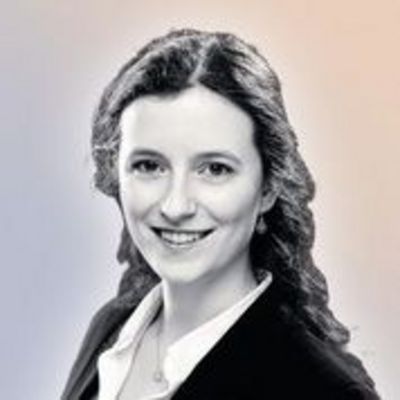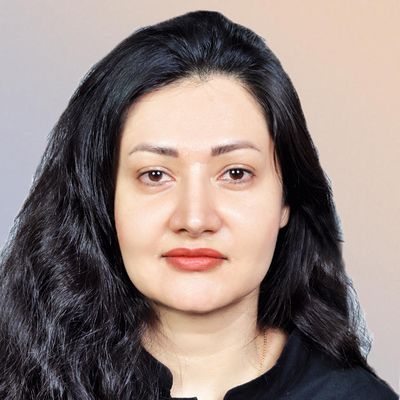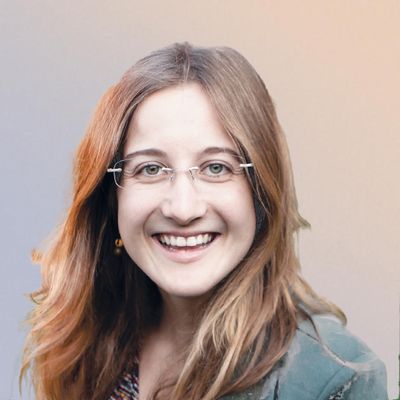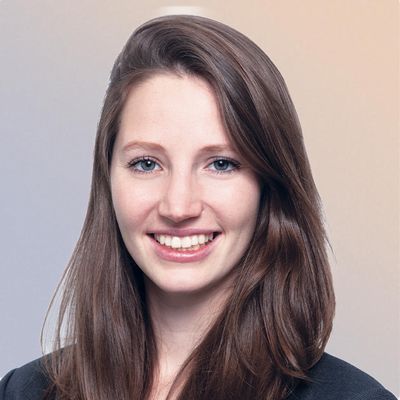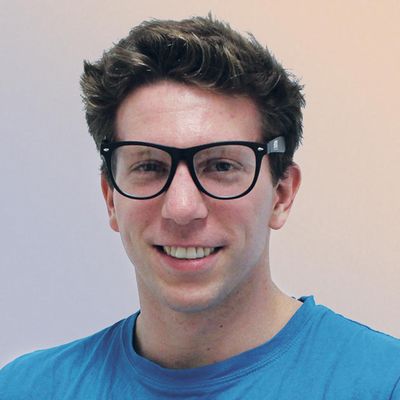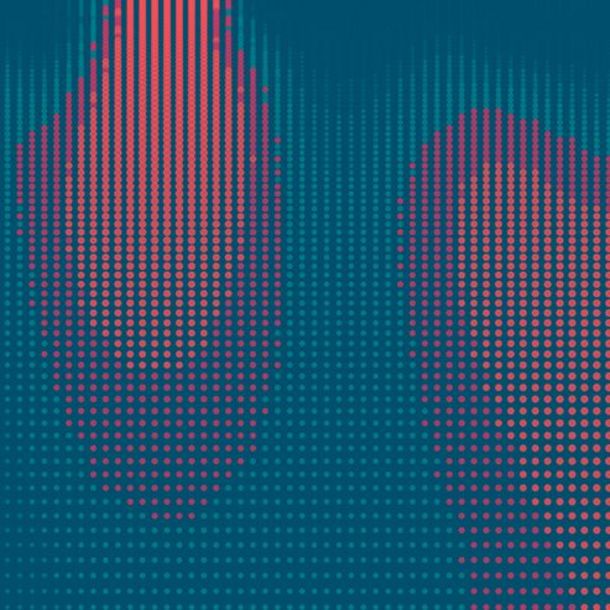Tomorrow's medicine needs data scientists. Researchers at the Helmholtz Information & Data Science School for Health (HIDSS4Health) are helping to develop the health trends of the future.
Unique research alliance for medicine
Three renowned institutions are involved in the Helmholtz Information & Data Science School for Health (HIDSS4Health): the Karlsruhe Institute of Technology (KIT), the German Cancer Research Center (DKFZ) and the University of Heidelberg. Here, a total of more than 40 research groups with a unique research spectrum offer an optimal starting point for solving central challenges in the field of health.
I love how interdisciplinary it is here. Even though it has become something of a buzzword, the interplay between multiple disciplines is in fact an everyday reality in my PhD.
Alexandra Walter
is conducting research at HIDSS4Health to use data and artificial intelligence to make radiation therapy even more precise. Read more about her project

HIDSS4Health in portrait
Research at HIDSS4Health
Read our School report Building Bridges between Medicine and Data Science and learn more about HIDSS4Health!

Mission
The goal of HIDSS4Health is to train and promote the best young talents at the interface between Data Science and health. HIDSS4Health offers a structured doctoral program with close integration into an interdisciplinary network of leading scientists from both the data and life sciences.
Research Areas
- Imaging & Diagnostics
- Surgery & Intervention 4.0
- Models for Personalized Medicine
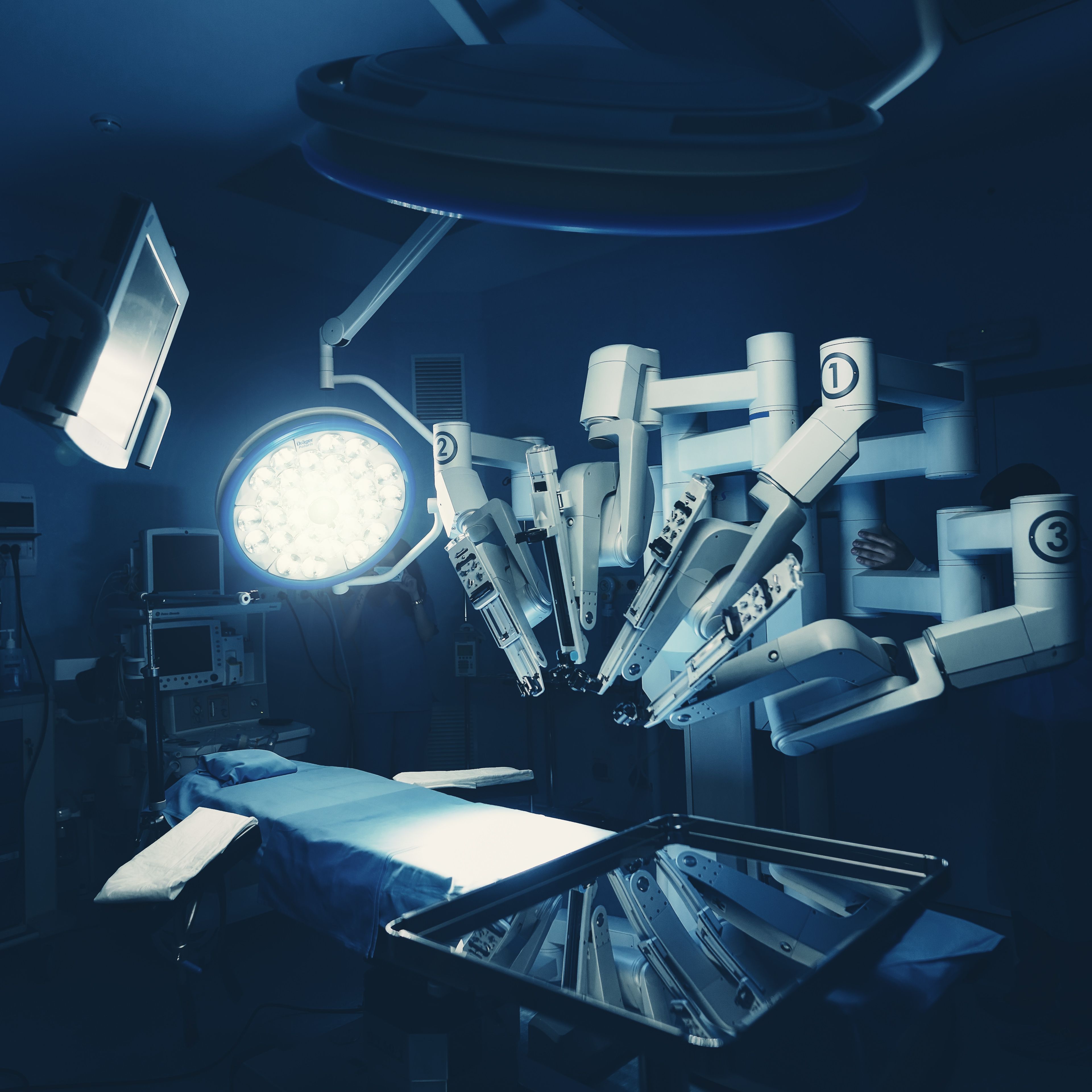
More about the research at HIDSS4Health
Reports on HIDSS4Health
Learn more about the research projects at HIDSS4Health and the School's profile here!
Building Bridges between Medicine and Data Science
At HIDSS4Health, health and data science research projects are brought together in a unique doctoral program – with synergistic effects for the participating cooperation partners, the international doctoral students, and medical progress. An insight into an unusual graduate school.
"This is an ideal way of promoting networks"
The state of Baden-Württemberg is a major funder of HIDSS4Health and is providing over 1,2 million euros of additional funding for the school for 2021 to 2024. But what was it about the HIDSS4Health concept that impressed policymakers? We spoke with Dr. Simone Schwanitz, Senior Ministry Official at the Baden-Württemberg Ministry of Science, to learn more.
Programming Sensitivity: Robot Arms in the Operating Room
How can humans and robots cooperate to perform tricky surgeries – such as removing a gallbladder? Mechanical engineer Paul Maria Scheikl is conducting research at HIDSS4Health to determine how robot arms need to be programmed for such uses. To train robot AI, he has to integrate practical experience from the operating room.
Software Assistant for Oncologists
At the German Cancer Research Center, HIDSS4Health-researcher Paula Breitling contributes to the development of a software that aims to help doctors recommend appropriate therapies. This could allow more patients to benefit from custom-fit treatment.
Fighting Cancer with Artificial Intelligence
How can diseased tumor tissue be destroyed in a targeted manner while preserving the healthy tissue immediately surrounding it? Alexandra Walter uses data science and artificial intelligence to make radiation therapy even more precise.
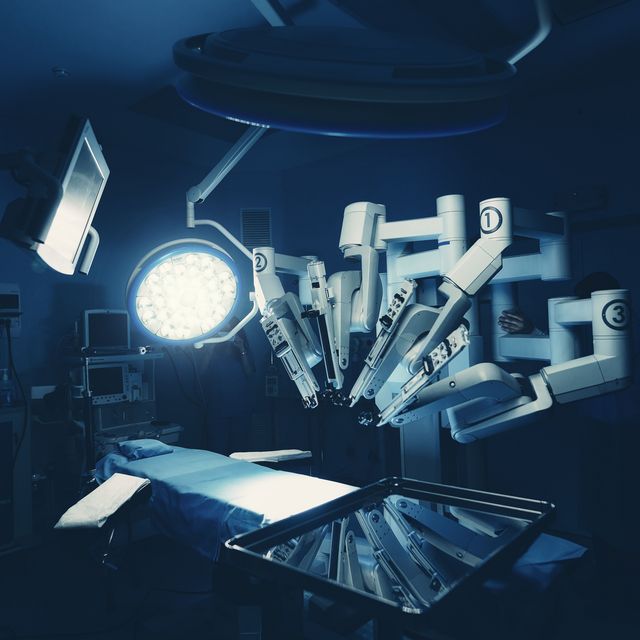
Curriculum
- Supervision: Intensive feedback and advice throughout the entire duration of the project by an interdisciplinary Thesis Advisory Committee
- Course offerings: interdisciplinary introductory course "Data Science & Health" and lecture "Advanced Topics in Data Science & Health", opportunity to take advantage of a wide range of specialization courses with a data and/or life science orientation
- International exchange opportunities: a financed mobility phase of about three months either at a leading international university or at a foreign (partner) institution
- Summer School: Use networking and further education opportunities at one of the summer schools organized by HIDA
- Personal competence training (e.g. courses on leadership, language, publishing in scientific journals, project management, presentation) and comprehensive support regarding internationalization, networking and career development
- Interdisciplinary work with other doctoral students on Cross Theme Topics
- Certificate of completion as "Data Scientist" with a confirmation of specialization in the health-related application area
"HIDSS4Health offers exemplary, top conditions for young researchers. I don’t know of any other post-graduate programs that look at data science in such a systematic, focused way."
Dr. Simone Schwanitz, Senior Ministry Official at the Ministry of Science, Research and the Arts of Baden-Württemberg
Funding and Duration of the Program
The program will run for three years and offers full funding. The remuneration during the term of the program corresponds to the tariff level E13 of the TVöD or TV-L (depending on the institution where the employment takes place).
Application & Further Information
Each year, up to eight doctoral researchers can start the program. The research areas are located in Karlsruhe and Heidelberg. All courses are in English. The program starts every winter semester; the application phase takes place annually in January/February.
Are you interested in bringing artificial intelligence and data science to the forefront of health research? Then apply at HIDSS4Health
Contact
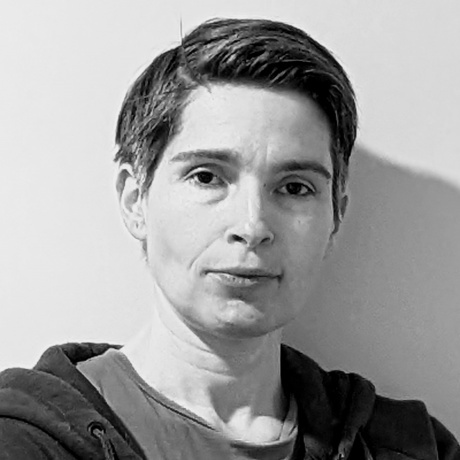
Nicole Merkle
Nicole Merkle
Scientific Coordinator HIDSS4Health
KIT – The Research University in the Helmholtz Association
Hermann-von-Helmholtz-Platz 1
76344 Eggenstein-Leopoldshafen

Dr. Daniel Walther
Dr. Daniel Walther
Scientific Coordinator HIDSS4Health
German Cancer Research Center (DKFZ)
Foundation under Public Law
Im Neuenheimer Feld 280
69120 Heidelberg
Following Institutions are Involved in HIDSS4Health
Karlsruher Institut für Technologie (KIT)
Deutsches Krebsforschungszentrum in der Helmholtz-Gemeinschaft (DKFZ)
Universität Heidelberg
Our Doctoral Researchers

Verena Bitto
Doctoral Researcher HIDSS4Health
Contact


Julian Herold
Doctoral Researcher HIDSS4Health
Contact


Vahdaneh Kiani
Doctoral Researcher HIDSS4Health
Contact


Jan Sellner
Doctoral Researcher HIDSS4Health
Contact


Philipp Wimmer
Doctoral Researcher HIDSS4Health
Contact




